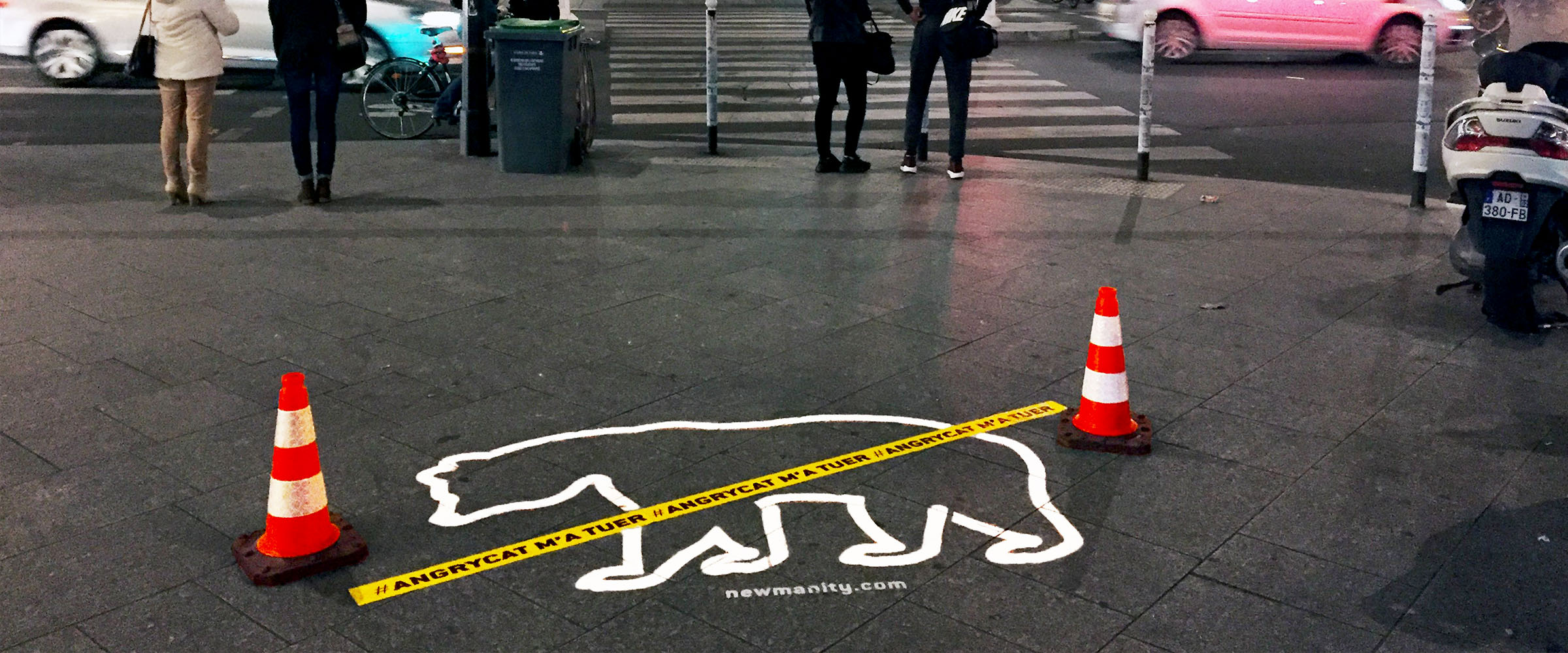Display board
Vueling Airlines
Vueling is back in business
Now that the health restrictions have been lifted, Vueling is inviting the French to travel on low-cost flights. In order to support this non-media campaign, the...

BRANDS LIFE IS NOT A LONG QUIET LIVELIHOOD
#Reactivity #Creativity #Responsibility
WHAT IS CRISIS COMMUNICATION?
Crisis Communication is a response to an uncontrollable, sudden event with negative consequences for the brand. In response, the brand must preserve its image and reputation.
The sequencing of the different stages of a crisis takes the following form: first, the crisis is in gestation, malfunctions or bad decisions are taken, an accident occurs, the malfunction or questionable choice is brought to light, the media have their full place here since they are in the front line for disseminating information. At the same time, social networks react, relay and appropriate the content, and then it's time for an answer. It must be extremely proactive and the most suitable to divert the media attention to take an interest in another subject. Finally, the brand will need to come about and think on a possible reorganization or restructuring of its activity and especially of the image it wishes to convey to rebuild.
In a crisis situation, it is necessary to preserve the essentials for the media and public opinion, because diffusion of information are in real time. Social networks propagate content in an immediate and viral way, you have to find the right way to address the conundrum and the right tone in the shortest possible time to counter any rumor, misinterpretation or bad buzz. Reactivity in the diffusion of this crisis communication is essential.
But crisis communication is not limited to external treatment, it must also take care of its internal communication, even that with any institution or government agency.
The consequences of a crisis situation can have effects on the image of the brand, its reputation, its honesty and the relationship of trust with its consumers, but also with its customers and suppliers, and even in its relationship with the various internal components including its staff. It is in this sense that crisis communication is extremely sensitive and highly strategic.
Crisis communication imposes a diffusion strategy that favours the closest possible proximity to the exposed public in order to maximize the convincing chances.
Crisis communication calls for great creativity and writing skills to identify the best angle and tone to communicate.
Crisis communication is branded content ready to be shared to feed the media and other communities via digital platforms.
Crisis communication responds to the need for brands to access the widest possible distribution by amplifying the information carried by the media and social networks.
The image of a brand and its reputation remains and will always be the most appreciated and valuable asset, which is why crisis communication is something of great concern to protect what is most valuable to a brand. The stakes are paramount, its survival depends on it, building its image takes years and destroying it can only take a few minutes. This makes a brand's ability to control its communication and make it as efficient and convincing as possible in a crisis situation even more strategic.
Urban act accompanies you in the conception and diffusion of your crisis communication, in the design of messages and in the deployment strategy. Many supports can be activated in a very short time, 24/48 hours, to promote an extremely rapid advertising deployment with the capacity to be relayed and propagated by the exposed public.
A very specific profession, strong customer expectations and local know-how that is not always mastered
or up to the stakes, have prompted advertisers to seek Urban Act and its expertise beyond its borders.